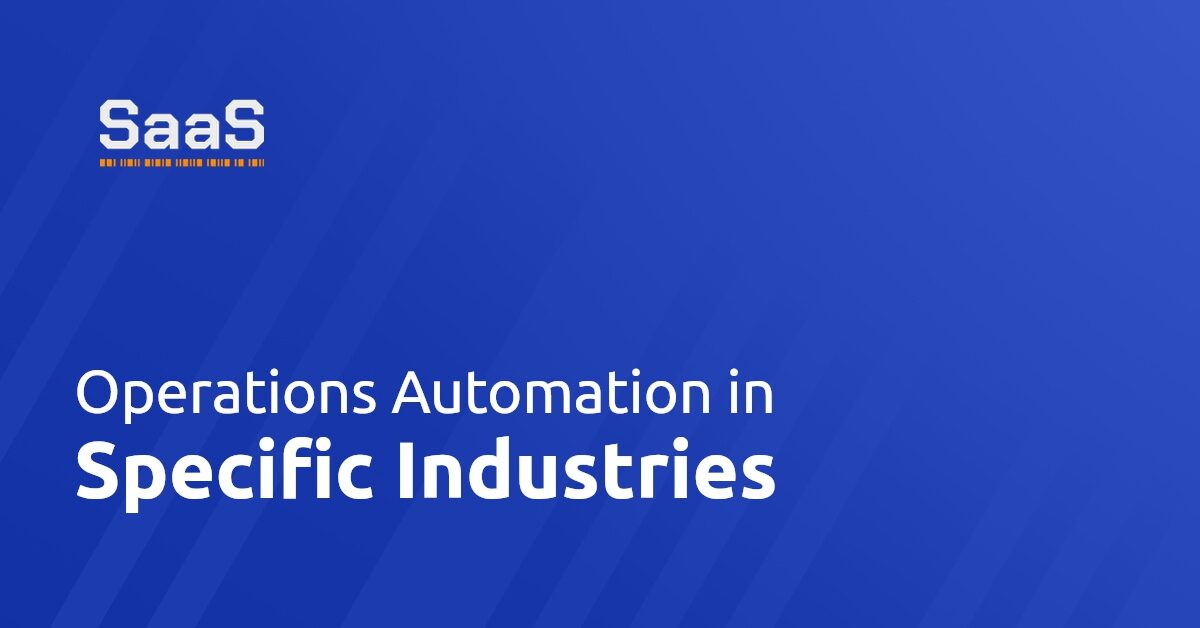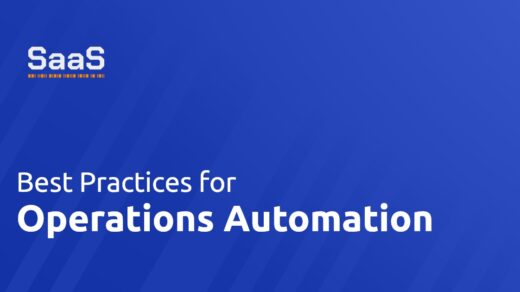How is Operations Automation Transforming Industries?
Operations automation has been making waves in various industries worldwide. By automating routine tasks, businesses lessen the likelihood of human error. Additionally, it boosts efficiency and productivity by freeing up employees' time to focus on more crucial tasks and strategic business decisions.
Notably, automation results in significant cost savings. Since tasks are done faster with fewer mistakes, resources are employed in a more optimized manner. Moreover, operations automation increases the consistency of output quality, as machines adhere strictly to guidelines and do not get sidetracked or fatigued.
Which Industries Benefit from Automation the Most?
The manufacturing industry, specifically automobile and electronics sectors, greatly benefit from operations automation. The finely-tuned precision of automated systems ensures consistency in production lines. Subsequently, this lowers defective products and increases overall output efficiency.
Meanwhile, the healthcare sector is also reaping substantial benefits. From automated appointment scheduling to robotic surgery, automation increases efficiency, minimizes human error, and improves patient care standards.
Furthermore, the finance and banking industry is heavily reliant on operations automation. Functions such as transactions processing, fraud detection, and client data management have become more streamlined and accurate due to automation.
What Challenges Do Specific Industries Face in Adopting Operations Automation?
Nevertheless, implementing operations automation comes with its own set of challenges. To determine a sound automation strategy, companies must first identify and understand their existing business processes. Furthermore, choosing the right automation tools to fit these processes can also be perplexing.
Additionally, there's the issue of transitioning from manual processes to automated ones. The transition period can lead to downtime and productivity loss as employees need to adjust and familiarize themselves with the new automated systems.
Lastly, cybersecurity risks pose a significant challenge. As more companies automate their data systems, they become viable targets for cybercriminals. Hence, ensuring data security needs to be a priority in the automation process.
What Are the Key Advantages of Operations Automation in Different Industries?
In the hospitality industry, operations automation simplifies intricate processes. It offers benefits like booking and checking in guests with less effort, streamlining communication, and eliminating room for error in inventory management, resulting in improved guest service.
In logistics and supply chain management, automation greatly reduces the potential for errors. It significantly enhances shipment tracking, order accuracy, inventory management and increases efficiency of supply chain operations, thereby lowering operational costs.
Also, in the retail industry, operations automation facilitates accurate inventory management, swift checkouts, and effective customer relationship management. It drastically improves efficiency and customer satisfaction, making it an invaluable asset.
In sum, operations automation is a potent tool that can help industries improve their business operations. From efficiency and productivity to cost savings and error reduction, the benefits are undeniable. However, the implementation process requires careful planning and strategy to overcome potential hurdles and fully harness its advantages.








